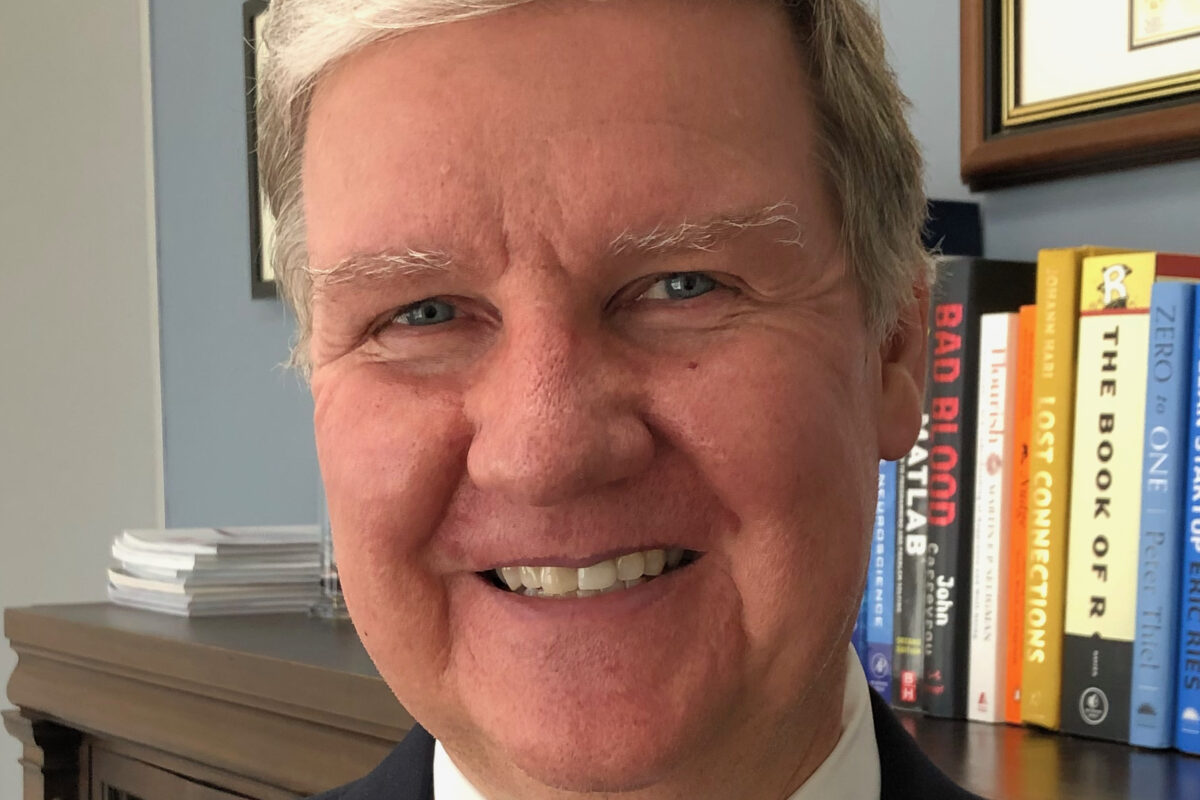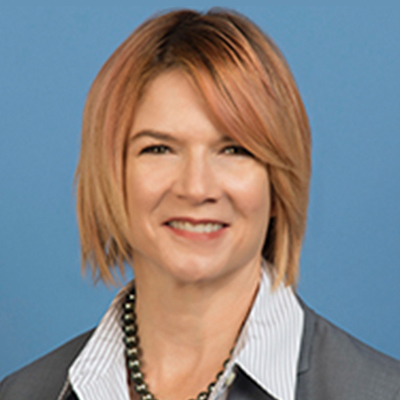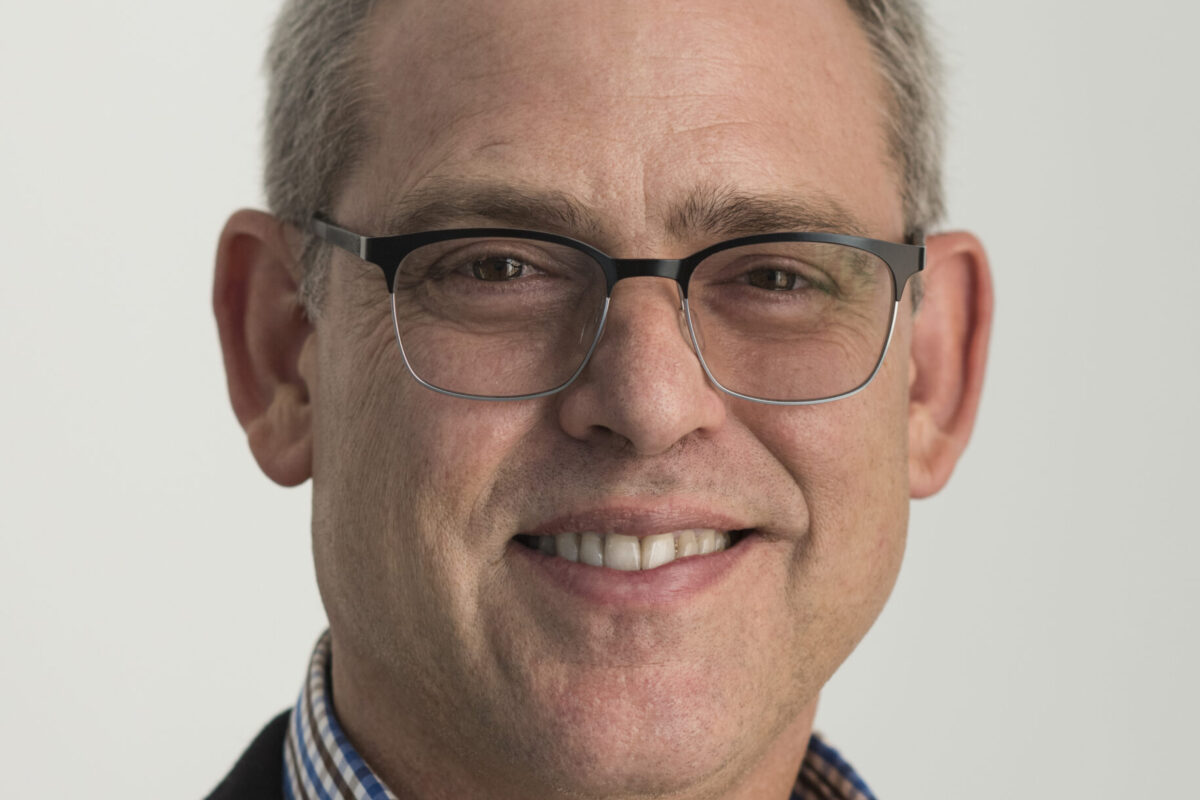Biography
Dr. Crosbie-Watson has pioneered work on the function of sarcospan within the dystrophin-glycoprotein complex. Introduction of sarcospan into dystrophin-deficient mice ameliorates muscular dystrophy in a me. The Crosbie lab has generated all the molecular tools and reagents for the study of sarcospan, which are not available elsewhere. Building on expertise in sarcospan and the dystrophin-glycoprotein complex, the Crosbie lab is collaborating with the Baum lab in development of HTS assays to detect alteration in sarcospan expression as a therapy for Duchenne Muscular Dystrophy. Dr. Crosbie has also collaborated with the Spencer group at UCLA to develop and characterize novel methodologies for creating mouse models of muscle disease. In addition to her research, Dr. Crosbie is a dedicated educator. She has trained several HHMI, Beckman, and Dean’s undergraduate and graduate scholars. She successfully mentored a successful recipient of the prestigious Marshall Scholarship. This student was one of only thirteen students to be awarded the Marshall in UCLA?s history. Based on her excellence in classroom instruction, Dr. Crosbie was nominated for a Teaching Distinction Award at UCLA and she is Faculty Director of the Beckman Undergraduate Scholars Program.
Publications
A selected list of publications:
Rutkowski Anne, Bonnemann Carsten, Brown Susan, Thorsteinsdattir Salveig, Dominov Janice, Ruegg Markus A, Matter Michelle L, Guttridge Denis, Crosbie-Watson Rachelle H, Kardon Gabrielle, Nagaraju Kanneboyina, Girgenrath Mahasweta, Burkin Dean J
Report on the Myomatrix Conference April 22-24, 2012, University of Nevada, Reno, Nevada, USA Neuromusc. Dis. : NMD, 2012; .
Merveille Anne-Christine, Davis Erica E, Becker-Heck Anita, Legendre Marie, Amirav Israel, Bataille Géraldine, Belmont John, Beydon Nicole, Billen Frédéric, Clément Annick, Clercx Cécile, Coste André, Crosbie Rachelle, de Blic Jacques, Deleuze Stephane, Duquesnoy Philippe, Escalier Denise, Escudier Estelle, Fliegauf Manfred, Horvath Judith, Hill Kent, Jorissen Mark, Just Jocelyne, Kispert Andreas, Lathrop Mark, Loges Niki Tomas, Marthin June K, Momozawa Yukihide, Montantin Guy, Nielsen Kim G, Olbrich Heike, Papon Jean-François, Rayet Isabelle, Roger Gilles, Schmidts Miriam, Tenreiro Henrique, Towbin Jeffrey A, Zelenika Diana, Zentgraf Hanswalter, Georges Michel, Lequarré Anne-Sophie, Katsanis Nicholas, Omran Heymut, Amselem Serge
CCDC39 is required for assembly of inner dynein arms and the dynein regulatory complex and for normal ciliary motility in humans and dogs Nature genetics, 2011; 43(1): 72-8.
Kim Michelle H, Kay Danielle I, Rudra Renuka T, Chen Bo Ming, Hsu Nigel, Izumiya Yasuhiro, Martinez Leonel, Spencer Melissa J, Walsh Kenneth, Grinnell Alan D, Crosbie Rachelle H
Myogenic Akt signaling attenuates muscular degeneration, promotes myofiber regeneration and improves muscle function in dystrophin-deficient mdx mice Hum. Mol. Genet, 2011; 20(7): 1324-38.
Peter Angela K, Ko Christopher Y, Kim Michelle H, Hsu Nigel, Ouchi Noriyuki, Rhie Suhn, Izumiya Yasuhiro, Zeng Ling, Walsh Kenneth, Crosbie Rachelle H
Myogenic Akt signaling upregulates the utrophin-glycoprotein complex and promotes sarcolemma stability in muscular dystrophy Human molecular genetics, 2009; 18(2): 318-27.
Crawford GC, Faulkner JA, Crosbie RH, Campbell KP, Froehner SC, Chamberlain JS Assembly of the Dystrophin Associated Protein Complex Does Not Require the Dystrophin C-terminal Domain, J. Cell Biol, 2000; 150: 1411-1422.
Crosbie RH News and Views: NO Vascular Control in Duchenne Muscular Dystrophy, Nature Med, 2000; 7: 27-29.
Crosbie RH, Lebakken CS, Holt KH, Venzke DP, Straub V, Lee JC, Grady RM, Chamberlain JS, Sanes JR, Campbell KP
Membrane targeting and stabilization of sarcospan is mediated by the sarcoglycan subcomplex J. Cell Biol. , 1999; 145(1): 153-65.
Crosbie RH, Yamada H, Venzke DP, Lisanti MP, Campbell KP Caveolin-3 is Not an Integral Component of the Dystrophin-Glycoprotein Complex, FEBS Lett, 1998; 427: 279-282.
Duclos F, Straub V, Moore SA, Venzke DP, Hrstka RF, Crosbie RH, Durbeej M, Lebakken CS, Ettinger AJ, van der Meulen J, Holt KH, Lim LE, Sanes JR, Davidson BL, Faulkner JA, Williamson R, Campbell KP Progressive Muscular Dystrophy in alpha-Sarcoglycan Deficient Mice, J. Cell Biol, 1998; 142: 1461-1471.
Crosbie RH, Heighway J, Venzke DP, Lee JC, Campbell KP Sarcospan: The 25kDa Transmembrane Component of the Dystrophin-Glycoprotein Complex, J. Biol. Chem, 1997; 272: 31221-31224.
Campbell KP, Crosbie RH NEWS AND VIEWS: Utrophin to the Rescue, Nature, 1996; 384: 308-309.





